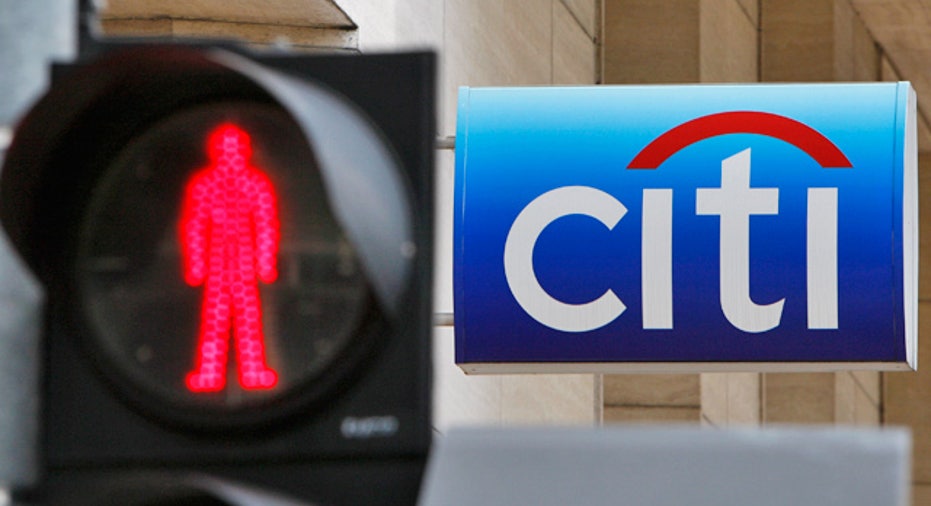Shareholder Activism More Focused, Targeted

Shareholder meetings tend to be dull, pro forma affairs held at sterile conference centers and highlighted by an earnest chief executive who checks off a list of accomplishments for the past year and a list of goals for the year ahead.
Key items of business such as executive compensation and the re-election of the chairman and board of directors usually occur with hardly a whisper of opposition. Lone dissenters are taken in stride, a part of the annual proceedings, acknowledged politely and briefly by the smiling CEO.
The curtain may be falling on these rote performances, however, as bolder and wiser shareholder activists use increasingly sophisticated techniques to target their opposition causes with pinpoint precision.
“I think we’re seeing more proxy season smart bombs. That’s the difference,” said Ralph Ward, publisher of the Boardroom Insider and an expert on corporate governance.
Shareholder activism has always played a role in steering the course of public companies, but the causes pursued have generally been broader – the environment or myriad other socially conscious efforts, for instance. The focus is now sharpening.
“I think we’re seeing more proxy season smart bombs. That’s the difference.”
This season activist shareholder Dan Loeb pressured Yahoo’s (NASDAQ:YHOO) board to dismiss Scott Thompson, Yahoo’s CEO, for lying on his resume. Thompson was forced to step down earlier this month. Wal-Mart’s (NYSE:WMT) board is being openly challenged for re-election by the powerful California State Teachers Retirement System in connection with an alleged bribery scandal the retailing giant is dealing with in Mexico. And in April, Citigroup (NYSE:C) shareholders voted down CEO Vikram Pandit’s $15 million pay package at the mega-bank’s shareholder meeting in Dallas.
The financial crisis of 2008 has raised awareness of corporate governance issues that for decades seemed to pass well above the heads of most Americans. Most investors, many of whom only own company shares through mutual funds and retirement accounts, didn’t know or care how CEOs salaries were determined or how those CEOs were vetted for the jobs in which they now sit.
But in the wake of the economic crisis and the deep recession that followed, a harsh light has been focused on those issues.
Corporate governance experts say the prolonged downturn has undoubtedly played a role in the rise of more targeted shareholder activism. For many investors, voting their shares has become a legitimate method to express dissatisfaction with the performance of a specific company executive or member of the board of directors. And perhaps voicing a greater dissatisfaction with Wall Street’s overall role in the meltdown.
Pandit’s smackdown is probably the best example this proxy season of a wide array of shareholders galvanizing around a specific issue and taking action.
Reacting to the Citigroup rebellion, Mike Mayo, a banking analyst with Credit Agricole Securities, told the New York Times: “This is a milestone for corporate America. When shareholders speak up about issues on which they’ve been complacent, it’s definitely a wake-up call. The only question is what took so long?”
Lack of information has historically posed a serious obstacle to so-called average or Mom and Pop investors. The Internet and disclosure reforms passed by Congress over the past ten years have changed that. (In fact, the Citigroup shareholders’ ability to vote against executive compensation came about because of the 2010 Dodd-Frank financial reform bill that gave shareholders a voice on pay packages.)
More 'Sophisticated and Targeted' Activism
Greater disclosure and the availability of that information on the Internet has made it a whole lot easier for disgruntled shareholders to identify specific board members, find out which corporate committees they sit on and how much they make for sitting on the board (often six-figure amounts). That, in turn, has made it easier for activist shareholders to target specific board members who sit on key committees.
“It’s grown more sophisticated and targeted,” said Ward. “Instead of a general ‘were not happy vote,’ shareholders are targeting the compensation committee members when they come up for re-election, or members of the nominating and governance committee that was responsible for vetting the CEO but maybe dropped the ball.”
Jim Copland, director for the Center of Legal Policy at the Manhattan Institute, a right-leaning think tank, said the growth in activism has been spearheaded over the past decade primarily by groups falling into two categories: those whose motives are purely profit driven and those whose motives are more ideological.
In the first category are private equity groups and other big institutional investors. In the second are academics and social investors whose investment strategies are geared toward a cause.
Copland said union pension funds fall into a fuzzy third category because their fiduciary responsibility obligates them to advocate only for better profits, but the unions clearly have a political agenda to pursue, as well.
One area that’s seen a big rise in shareholder activism is efforts targeting a company’s political activities, be it lobbying for legislation that benefits the company or donating to a candidate or party that supports specific legislation.
Copland suggested these efforts are orchestrated by activists in order “to intimidate corporate leaders around the political process.” The activists counter that they are responding to a 2010 Supreme Court ruling that allowed corporations to donate unlimited amounts to political action committees.
But while activists have been more aggressive in introducing proposals related to political activity and lobbying, they haven’t been terribly successful in getting them passed, Copland noted.
The activists, of course, beg to differ.
The left-leaning Center for Political Accountability has compiled a list of about 100 large companies which they say have listened to the concerns of shareholder activists and taken matters into their own hands, agreeing to greater disclosure of their political donations without the need for a shareholder uprising. That list includes investment bank Goldman Sachs (NYSE:GS), aluminum producer Alcoa (NYSE:AA), pharmaceutical giant Pfizer (NYSE:PFE) and defense contractor Halliburton (NYSE:HAL).



















